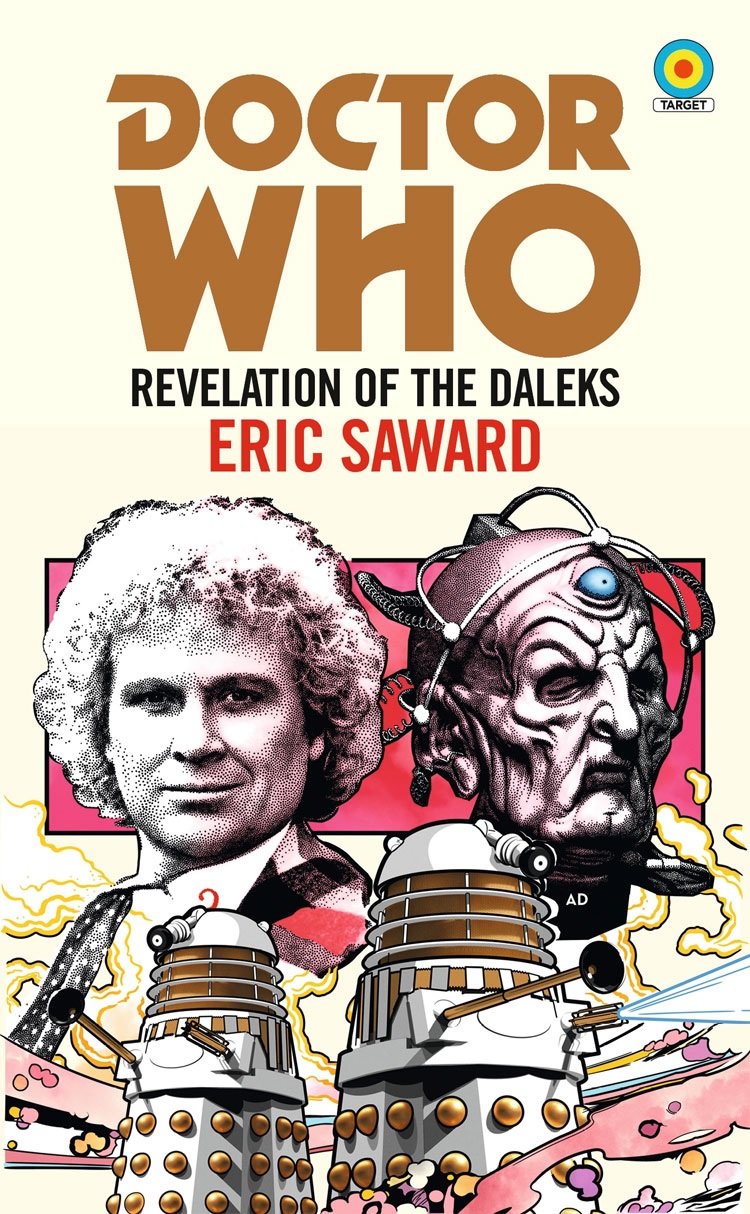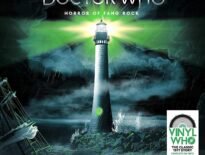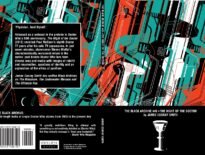Revelation of the Daleks is one of Eric Saward’s better scripts for Doctor Who. Decent rather than excellent, it did at least try to push the envelope in storytelling terms, and in exploring a new angle for the trundling nasties (even though Terry Nation seemed to have grumbled that they didn’t have enough to do). It also appeared to show the influence of Saward’s friend Robert Holmes – who was by this stage getting on for the unofficial assistant script editor of the series – in the semi-comic double acts. The Orcini / Bostock one works best (and we find out a lot more about them in the novel). The TV version was blessed by an excellent cast and by Graeme Harper’s imaginative direction. Colin Baker and Nicola Bryant were good in it, too, and Terry Molloy got to deepen his characterisation of Davros.
So, how does the novel compare?
It’s often said that the value of the Target novels is in their offering fans a chance to revisit old stories in the days before UK Gold, VHS, DVD, or that most baffling of mechanical devices which I understand is termed ‘Blu-ray’.
This is most true – but there’s more to it than that.
The better Target novels give a different take on the stories; they’re complements rather than substitutes for them. I’d also suggest that the best of them are actually superior to the TV versions (Doctor Who and the Crusaders and the novel which Target called Doctor Who and the Daleks spring to mind. So does the adaptation of The Dalek Invasion of Earth). You also get a depth – more layers, if you like – which you just can’t depict on TV. And, just sometimes, you can bask in the quality of the prose. (“Through the ruins of a city stalked the ruins of a man” is one of the best openings of any novel.)
Something I’ve been doing in lockdown is revisiting Ruth Rendell’s Inspector Wexford novels. I like stories about death, nutters, weirdoes, and psychos. Lots of crime fiction is trash, but Rendell’s one of the masters of the genre. So’s Ian Rankin. There’s also someone called Maureen O’Brien: she’s pretty good too. I digress. Yes, I am going to get back to talking about Doctor Who. Hang on a tick. Because I’ve also managed to track down a few of the Wexfords on YouTube. The thing is, you see, the books are really, really good. So are the TV versions. Unlike a lot of television adaptations, the writers haven’t tried to show how clever they are by rewriting the originals; instead, the TV versions are as close to the books as they can be, right down to the dialogue and the scene order. (George Baker plays Wexford. He was in Full Circle, you know.)

And yet: the TV adaptations, brilliant as they are, are still missing something. Rendell’s prose is marvellous and – except for the dialogue – you just can’t convey that on screen. Nor can you depict human beings in anything like as much depth. It’s not just that there’s no “think track”: the author just tells you much more about the people than a dramatised version can. I’m not putting this very well, but you know what I mean.
My great and essential conclusion is just that, even when a novel and a TV version are very similar (and even when both are as good as they can be), you can nonetheless still get more out of the novel.
Yeah, okay, with the Targets, the TV version came before the novels and not the other way round. Even so, Terrance Dicks at his best, and Malcolm Hulke all the time, give you a lot more than just the scripts with “he said” stuck on the end. (So do Brian Hayles and Barry Letts. Donald Cotton’s novels are also very, very funny. The Colin Baker and Sylvester McCoy novels from the ’80s suffered rather from being farmed out to the original scriptwriters, who were often rookie writers in any case. Writing prose is different from crafting a screenplay and just because you can do one – and often, it was only one – doesn’t mean you can do the other. If you want leaden, deadly prose, look no further than the novels of Silver Nemesis or Timelash. The Target range certainly ranged: from the heights to the abyss.)
So, now the BBC has added new titles to the Target series, here’s one of them. And it’s a good read, too.
It’s well written. Okay, the dialogue can clunk a bit but I think that’s because Saward wants to be faithful to the scripts when he can be. The new dialogue is much better. It’s not a wholesale rewrite, though there’s a lot of new material and whole new plot strands too; Natasha and Grigory are better realised in the book, and the other characters are deepened considerably. I really enjoyed all the stuff about the DJ.
Saward at his best is a very witty writer; the novel of Slipback is an absolute delight and one of the best of all the Targets. (Do read it!) You couldn’t have as many laughs with Revelation because it’s so much darker; even so, a great deal of the new novel is very funny and it’s sure to make you laugh.
As with so many of the better Targets, it’s worth reading, however well you know the TV version. It does give you a decent, alternative take on the story; I found it made me appreciate the original even more, too. Particularly once you know more about the flower-arranging proclivities of some of the characters and Jobel’s fetishisation of his toupee.
Good fun. Recommended!
Revelation of the Daleks is available now.



